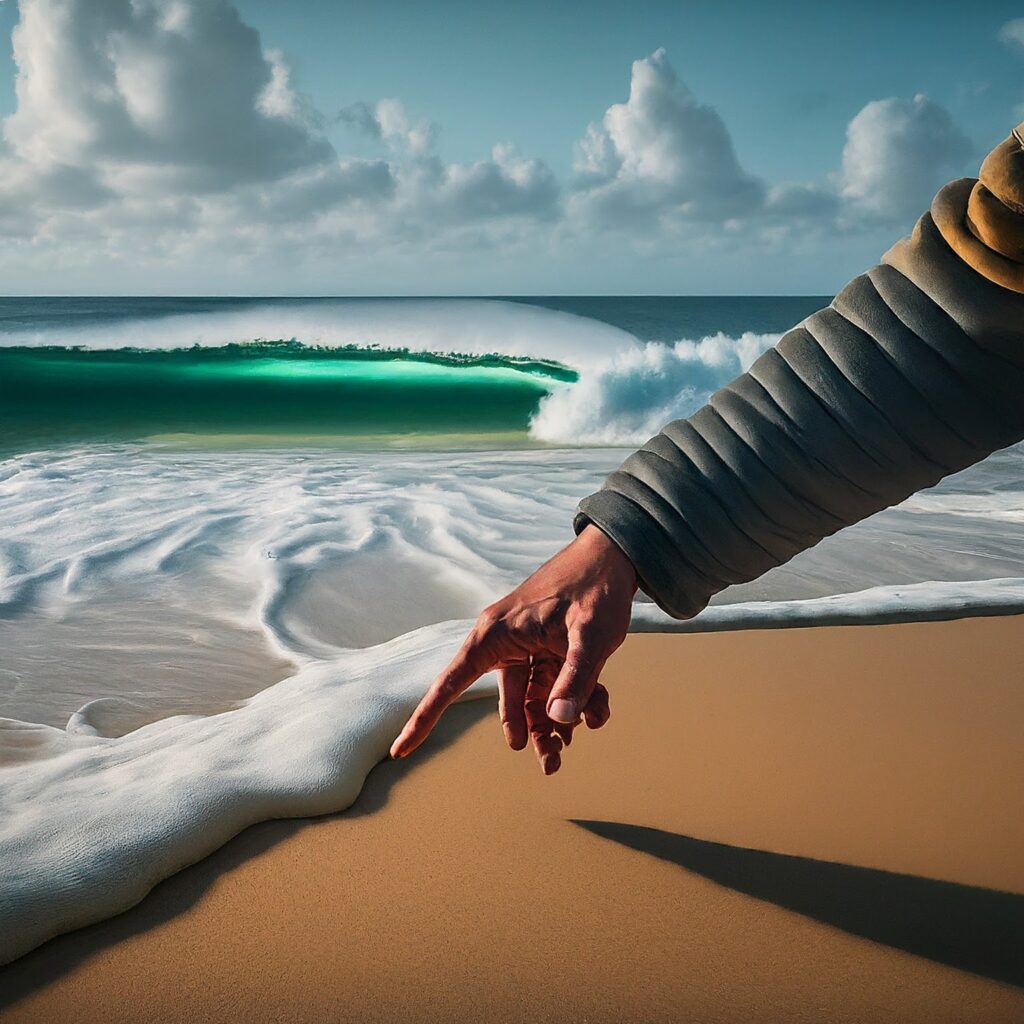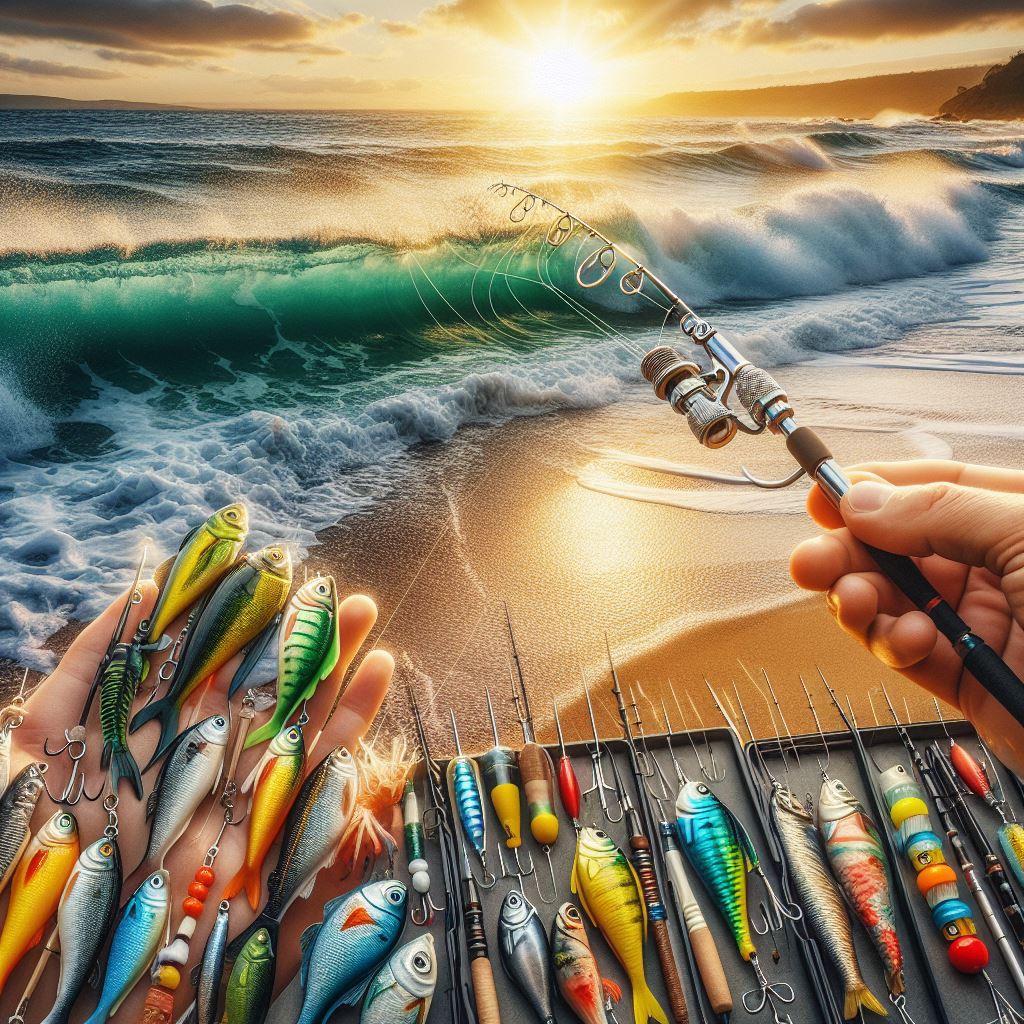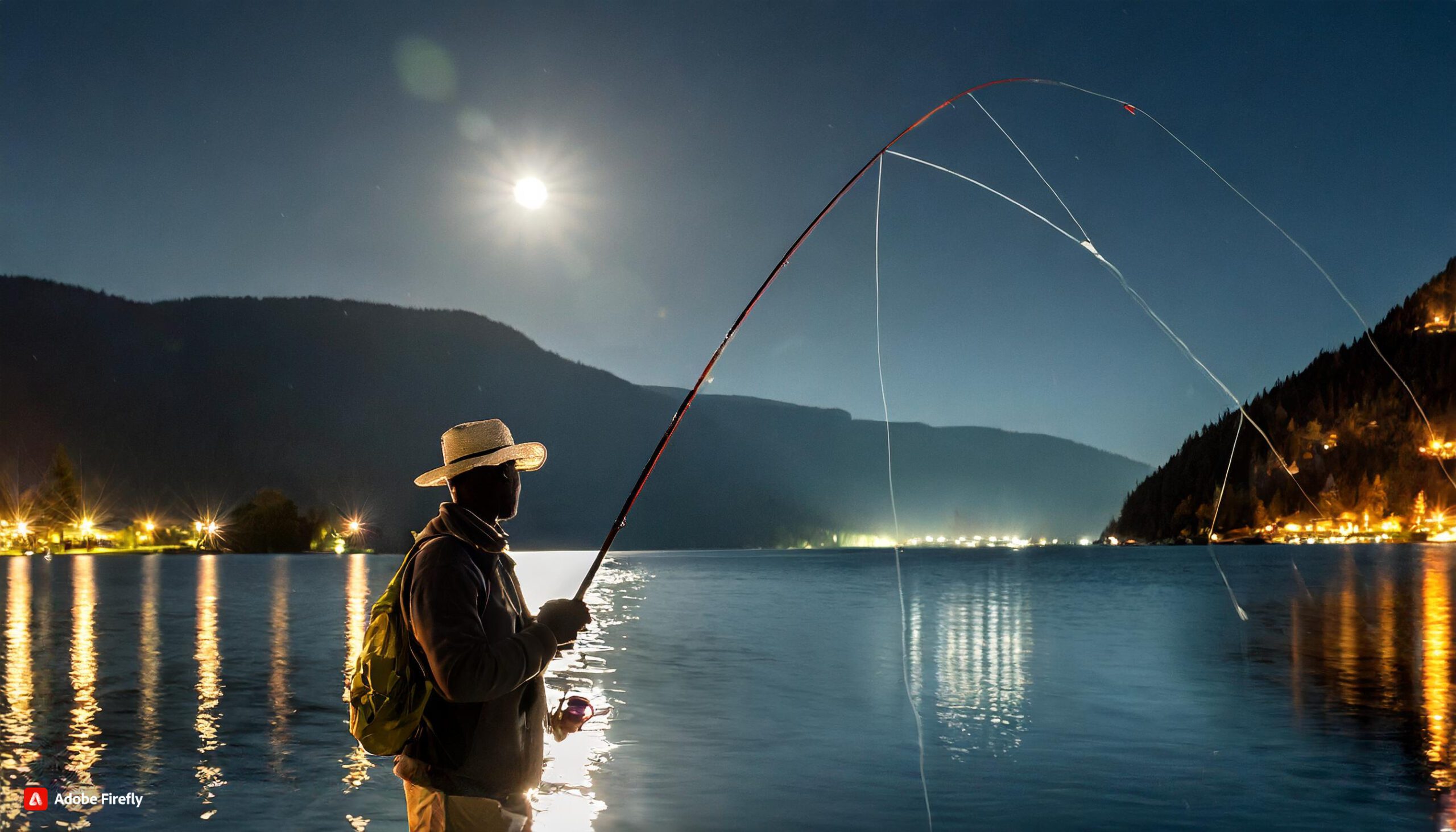Is night fishing legal? The answer depends entirely on where you plan to fish. Local regulations governing fishing times, methods, and catch limits vary significantly by country, state, and even local jurisdictions.
Understanding these regulations is crucial for responsible and legal night fishing. In this article, I will provide you with the knowledge and resources to navigate the legal landscape and ensure a safe and enjoyable experience on the water, no matter where your next night fishing adventure takes you.
Is night fishing legal?
Ever dreamt of reeling in a big one under the starry sky?
Night fishing offers a unique experience, but before you pack your gear and head out, there’s one crucial question to answer: is it legal to fish at night where you’re going?
The truth is, night fishing isn’t a one-size-fits-all answer. Just like fishing regulations differ by location, so do the rules for casting a line after dark. Think of it like different countries having different traffic laws. You wouldn’t drive in another country without understanding the rules, and the same goes for fishing at night!
Here’s the best tip: local authorities are your best friends when it comes to understanding the legalities of night fishing. These folks, like the fishing department or wildlife agencies in your area, are the experts. They can tell you everything you need to know about the specific regulations in your area, including:
- Time limits: Some areas might have restrictions on when you can fish at night, like specific hours or even certain nights of the week.
- Catch limits: Just like during the day, there might be limits on how many fish you can catch at night, depending on the species.
- Permitted methods: Not all fishing methods might be allowed at night in some areas. This could be anything from restrictions on bait types to limitations on using certain equipment.
Remember, following the rules isn’t just about avoiding fines (although that’s not a bad reason!). It’s also about protecting the environment and ensuring the health of fish populations. So, before you head out for your nighttime fishing adventure, do your research and make sure you’re casting a line legally! It’ll make your experience even more enjoyable knowing you’re doing your part to be a responsible angler.
Why Following the Rules is Like Being a Fishing Superhero?

Okay, so we’ve established that night fishing regulations exist, and checking with your local authorities is your first step toward a legal and enjoyable adventure. But why are these regulations even in place, you might ask? Well, think of them as superpowers for the fishing world!
Here’s the deal: following the rules isn’t just about avoiding a slap on the wrist (although nobody enjoys that!). It’s about being a responsible angler who contributes to something much bigger:
1. Staying on the Right Side of the Law: Like any good superhero, we want to stay on the good side of the law, right? Following the fishing regulations ensures you’re not accidentally breaking any rules and keeps you out of trouble.
2. Protecting Fishy Friends: Just like superheroes protect the innocent, following regulations helps protect fish populations. These rules are often set to ensure there are enough fish for everyone to enjoy, now and in the future. Think of it as giving the fish a fighting chance to thrive!
3. Keeping the Water Wonderful: Healthy aquatic ecosystems are crucial for a healthy planet. Following regulations helps maintain a balance between recreational fishing and conservation efforts, ensuring the water stays clean and healthy for all its inhabitants, from the tiniest minnow to the majestic eagle.
So, the next time you head out for a night fishing trip, remember: following the rules isn’t just about following orders, it’s about being a responsible angler and a champion for the environment! Now, go forth and cast your line with confidence, knowing you’re doing your part to keep the fishing world awesome.
Before You Dive In: Essential Night Fishing Checklists

So, you’ve decided to explore the magic of night fishing and understand the importance of following the rules. Now, let’s get down to brass tacks and prepare for your adventure! Here are two crucial “checklists” to keep in mind:
Checklist #1: Knowing the Local Laws
Think of this as your “fishing license to thrill” checklist! Before you cast your line, it’s essential to be familiar with the specific regulations in your target fishing area. Here’s what you need to know:
- Fishing Hours: Just like stores have opening and closing times, some areas might have specific restrictions on when you can fish at night. This could be anything from designated hours to specific days of the week.
- Catch Limits: Remember those fishy friends we talked about protecting? Well, some areas might have limits on how many fish you can catch at night, depending on the species. This helps ensure there is enough fish for everyone to enjoy.
- Permitted Methods: Not all fishing methods are created equal, especially at night. Some areas might have restrictions on bait types or limitations on specific equipment.
- Special Permits or Licenses: Just like driving requires a license, some areas might require special permits or licenses for night fishing. Don’t get caught off guard; check this one beforehand!
- Protected Species and No-Fishing Zones: Just like superheroes protect the innocent, responsible anglers are aware of protected or endangered species in their fishing area. Knowing these helps you avoid accidentally catching them and helps protect these vulnerable creatures. Similarly, some areas might have designated conservation zones or no-fishing areas that apply at night.
Checklist #2: Safety First, Fun Always!
Night fishing might be under the stars, but safety always comes first. Here’s your “night fishing safety essentials” checklist:
- Light Up the Night: Adequate lighting is crucial for night fishing. This helps you see what you’re doing, navigate safely, and avoid any potential hazards. Think headlamps, flashlights, and proper boat lighting (if applicable).
- Gear Up for Safety: Just like any good adventurer, responsible anglers come prepared with personal safety gear. This includes life jackets, sturdy footwear, and weather-appropriate clothing.
- Buddy Up: There’s strength in numbers! Having a fishing buddy is not just fun, it’s also a safety precaution. In case of any unexpected situations, having someone by your side can be a lifesaver.
- Know Your Surroundings: Before venturing out, it’s a good idea to familiarize yourself with the fishing area during daylight hours. Knowing the layout, potential hazards, and landmarks will help you navigate confidently and safely when darkness falls.
- Be Weather Wise: Nobody likes getting caught in a storm! Checking the weather forecast before heading out is crucial for night fishing safety. Sudden downpours, strong winds, or temperature drops can quickly turn a fun outing into a dangerous situation.
- Stay Connected: Accidents can happen, even during the most relaxing activities. Carrying communication devices like a charged phone or a marine radio ensures you can call for help if needed.
- Pack a First-Aid Kit: It’s always better to be safe than sorry! Having a well-stocked first-aid kit on hand allows you to address minor injuries promptly and prevents them from escalating into something more serious.
- Leave the Alcohol at Home: Alcohol impairs judgment and reaction time, making it extremely dangerous for night fishing activities. Avoid any substances that could compromise your safety and the safety of others.
By keeping these two essential checklists in mind, you’re well on your way to a safe, legal, and ultimately, enjoyable night fishing experience! Remember, a little preparation goes a long way, and following these guidelines shows you’re not just an angler, but a responsible and informed one, ready to conquer the night waters with confidence and respect for the environment.
Techniques and Gear for Nocturnal Fishing

Night fishing presents a unique set of challenges and opportunities compared to its daytime counterpart. While the absence of sunlight may initially seem like a disadvantage, it often opens a window to target different fish species that become more active after dark, offering a chance to experience new catches and hone your fishing skills. However, this shift in the environment necessitates adjustments in both technique and gear selection.
Understanding Nocturnal Behavior
The key to success in night fishing lies in understanding how fish behave under the cover of darkness. Many fish species, particularly predators, rely more heavily on their sense of smell, hearing, and touch to locate prey during this time. This shift in sensory dominance informs our approach:
- Focus on scent and sound: Opt for baits and lures that emit strong aromas or vibrations, such as live bait, scented soft plastics, noisy crankbaits, or spinnerbaits. These stimuli can attract fish from a greater distance in the low-light conditions.
- Slow down your presentation: Fish tend to be more lethargic at night, so slow retrieves and subtle movements often prove more effective than aggressive jigging or fast trolling. Allow the bait to linger in the strike zone for extended periods to entice hesitant fish.
- Target structure and cover: Fish often seek out structure and cover elements, such as submerged logs, rock piles, or weed beds, for shelter and ambush opportunities. These areas provide a higher likelihood of encountering fish, especially in unfamiliar waters.
Essential Gear for Nighttime Success
While your core fishing equipment, like rods and reels, might remain the same, night fishing demands specific gear considerations for optimal performance and safety:
1. Lighting:
- Headlamp: This hands-free option is crucial for illuminating your tackle box, tying knots, and navigating safely in the dark. Look for a headlamp with adjustable brightness and beam angles for versatility.
- Flashlight: A backup flashlight adds redundancy and can be used for signaling or illuminating larger areas when needed.
- Chemical light sticks: These glow sticks can be attached to your line or bobbers to create visual cues for attracting fish and tracking your bait during nighttime retrieves.
2. Safety Gear:
- Life jacket: This essential safety equipment is mandatory in most areas and should be worn at all times while on the water.
- Non-slip footwear: Choose footwear with good traction to prevent slips and falls on wet surfaces, especially on boats or uneven terrain.
- First-aid kit: Always be prepared for minor injuries with a well-stocked first-aid kit.
3. Additional Considerations:
- Lighter tackle: Opt for lighter lines and rods compared to daytime fishing, as visibility is reduced, and fighting fish in the dark requires more finesse.
- Glow-in-the-dark lures and baits: These options enhance visibility, allowing you to track your lure and attract fish with a subtle light source.
- Electronics: Sonar units with a night mode can be invaluable for navigating unfamiliar waters and locating fish in low-light conditions. However, ensure you understand and comply with local regulations regarding the use of electronic fish finders at night.
By incorporating these techniques and gear recommendations into your night fishing strategy, you’ll be well-equipped to navigate the darkness, target nocturnal fish, and experience the unique thrills and challenges this exciting fishing experience offers.
For an in-depth exploration of surf fishing gear selection, you can refer to this informative guide: Surf Fishing Gear: The Essentials for Catching Success.
Remember, responsible fishing practices remain paramount, regardless of the time of day. Respect local regulations, prioritize safety, and enjoy the adventure of exploring the aquatic world under the starry night sky!
Conclusion
So, the stars are calling, and the thrill of night fishing beckons! We’ve explored the essential aspects of responsible night fishing, emphasizing the importance of understanding local regulations and prioritizing safety for a truly rewarding experience.
Remember, following the rules isn’t a buzzkill, it’s a way to be a responsible angler who safeguards the environment and ensures a healthy future for these aquatic ecosystems.
Before heading out, get familiar with the specific regulations in your area, and don’t forget to pack your “fishing license to thrill” checklist and your “night fishing safety essentials” checklist. With these two trusty companions and a spirit of adventure, you’re ready to conquer the night waters with confidence and respect.
So, grab your gear, embrace the darkness, and get ready to experience the magic of night fishing! Remember, responsible fishing starts with you, and together, we can ensure this thrilling pastime continues to be enjoyed by generations to come.
FAQs
Is fishing at night illegal?
There is no universal answer to this question. Whether or not night fishing is legal depends entirely on the local regulations in your specific area. These regulations can vary significantly by country, state, and even local jurisdictions.
Why are there different regulations for night fishing?
Several factors might contribute to varying regulations on night fishing, including:
- Conservation efforts: Night fishing might be restricted in certain areas to protect specific fish species that are more vulnerable or less active during the night.
- Safety concerns: Night fishing can pose increased safety risks due to limited visibility and potential hazards like boating in the dark. Regulations might be in place to mitigate these risks.
- Protecting endangered species: Some areas might have restrictions on night fishing to minimize disturbance or accidental harm to endangered or protected species that are more active at night.
How can I find out if night fishing is legal in my area?
It’s crucial to consult the local authorities in your area before heading out for a night fishing trip. Here are some resources to help:
- Fishing department: Your state or local fishing department website or office will have the most up-to-date information on fishing regulations, including night fishing restrictions.
- Wildlife agencies: Wildlife agencies in your area might also have relevant information regarding regulations and protected species.
- Park websites: If you plan to fish in a state or national park, their websites often have specific regulations regarding fishing activities, including night fishing.
- Fenwick Eagle spinning rod review - March 22, 2024
- Is Night Fishing Legal? Your Complete Guide to Regulations After Dark - March 6, 2024
- How To Read The Beach For Surf Fishing? - March 2, 2024

